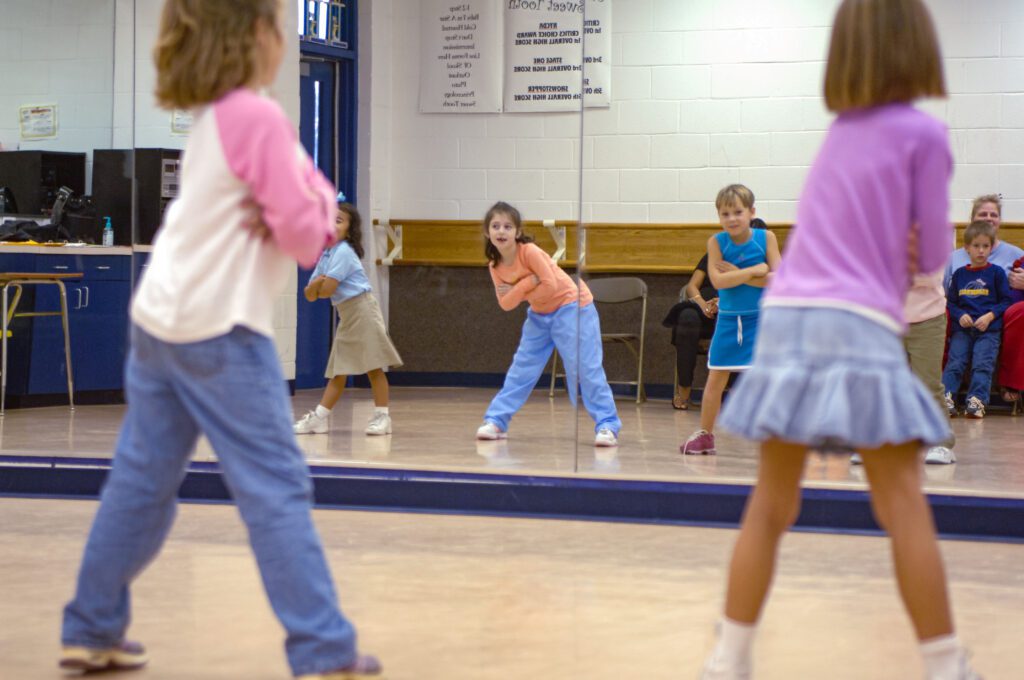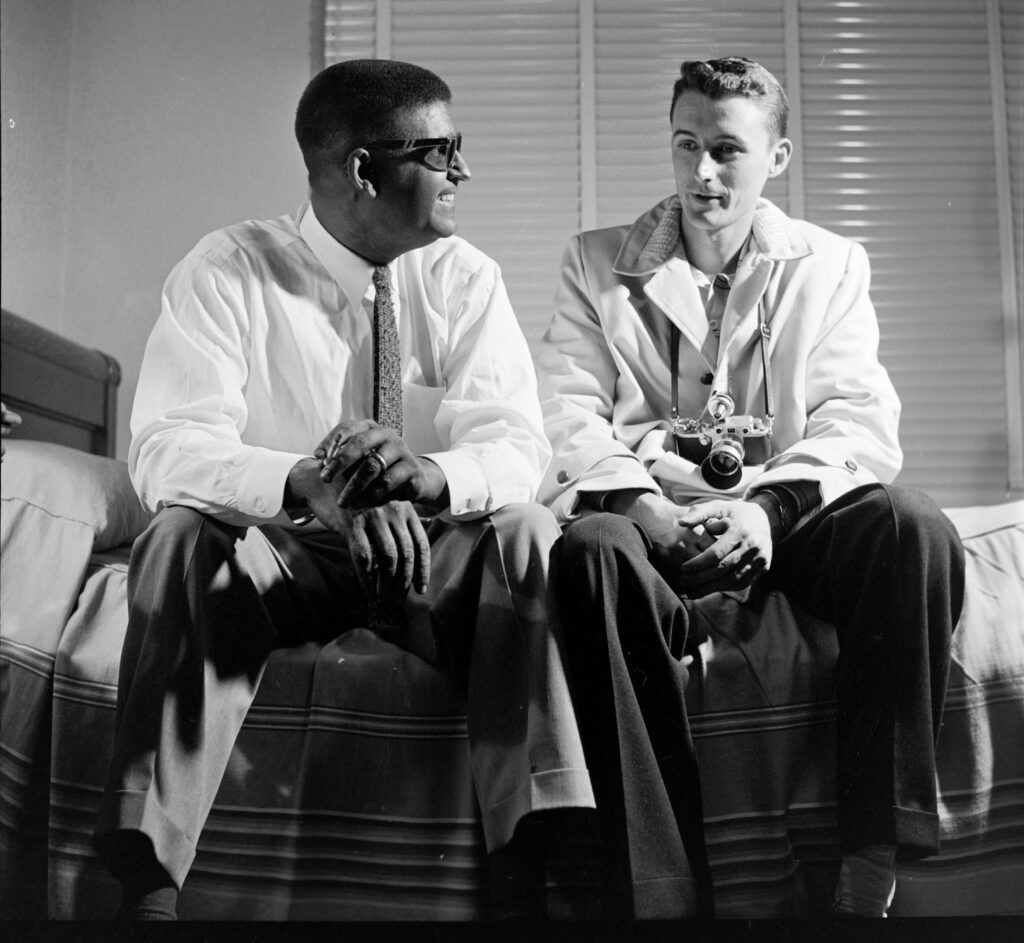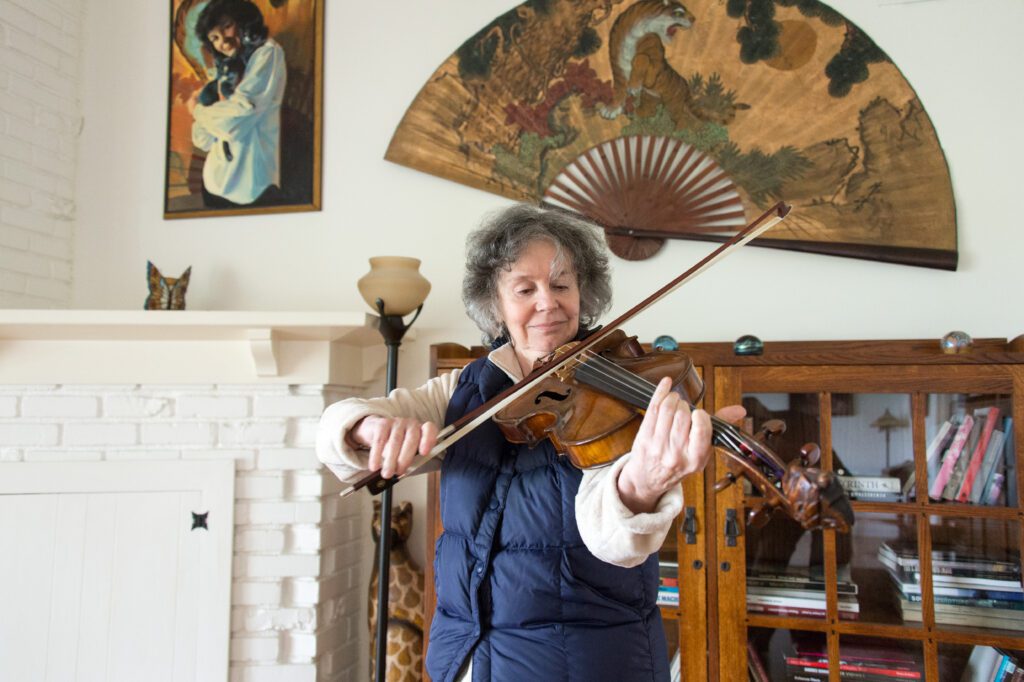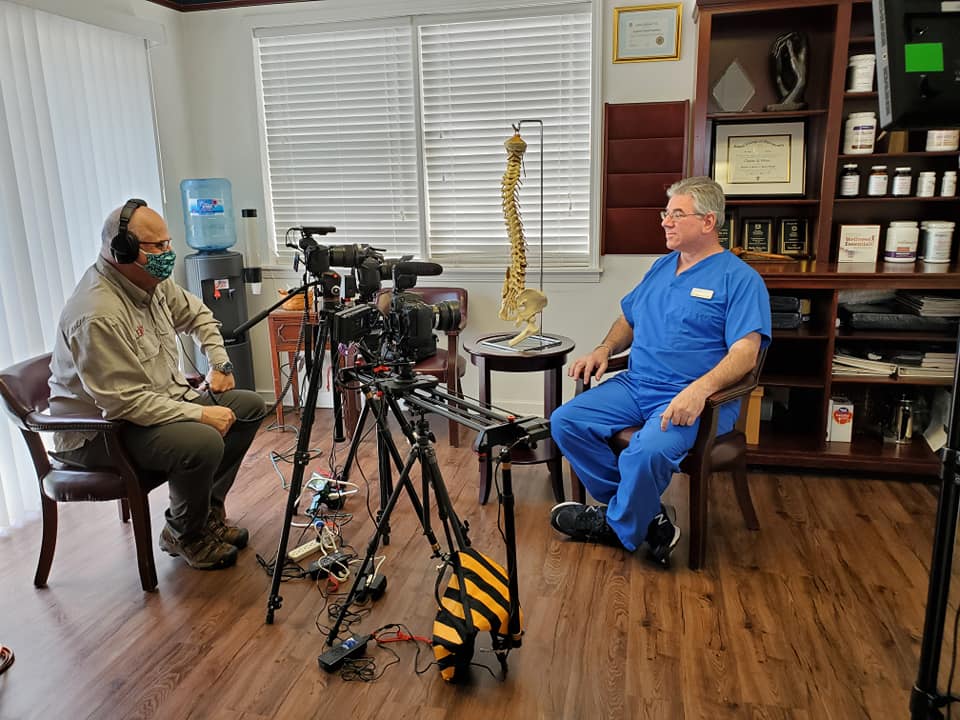This photo above was taken by Dorie Griggs, my wife, last year during my time interviewing Dr. Charlie Weiss.
This past week my daughter said her friend liked that I was direct with conversation. They used the gaming term “Speedrun.”
So with some research, I found this about Speedruns.
Speedruns are artistry. Not only do they demonstrate complete mastery over a game, but they also poke away at the edges of what a game intends you to do. Watching a perfect speedrun is similar, I imagine, to watching good gymnastics, but they’re more than just skill-based. They’re borne of curiosity about the edges of games: the things we’re not meant to see and the things we aren’t supposed to do.
There’s a whole science behind speed runs. Players spend weeks and sometimes years chiseling a perfect path through a game. They exploit minor traversal bugs to gain speed, they tap away at the outer limits of a game world in search of hidden routes, and then they move to execute all these tricks in one graceful swoop. There’s a strong collaborative spirit among speedrun communities because, in the end, it’s all about what’s possible, not who wins.

These are some of the strengths I have as one with Asperger’s. For each of these, there is an equally opposite trait. You will find many with Asperger’s are direct.
Before sitting down to interview someone on camera, I have done lots of research and preparation for the path I need to take to get what I have as content needs to tell the story. I have done many informal interviews before I sit down.

I become focused just like a kid on an Easter Egg hunt. I know what I am looking for, and I go for it.

It is essential at times for you to have this kind of focus like the “Speedrunner.” However, there are times you need to slow down.

One of the times I slowed down was my first time in Burkina Faso, West Africa, with a writer. African time is the perceived cultural tendency in parts of Africa and the Caribbean toward a more relaxed attitude to time.
I knew what we needed, but I realized quickly that over three weeks, we had the time to get our content and even more. So, I learned to look around while the writer was interviewing and just observed.

The one thing that helped me to observe even more had children. I would take my camera and enjoy seeing them take in the world and grow up in front of my eyes.

Speedrun vs Taking in the Roses
My mentor and friend Don Rutledge took me on many assignments that he self-assigned himself. I did this with Don for many, many years. We traveled around the country doing some of these stories.

When I asked Don why he did so many of these smaller self-assigned stories, he said he liked it when he could take his time. Sometimes he would go back over a few days to work getting everything he could think of to make a solid visual story and the written story he would also craft.
He said these stories let him master his craft at a slower speed so that he, like the “Speedrunner, ” could make the most of his time when he was working on reports where the time was limited.

Most professional musicians like Pam Goldsmith, who sits the first chair in many movies you see in Hollywood, must practice for hours each day. Most professional musicians practice 6 to 8 hours daily, 6 out of 7 days a week.
When Pam goes in to play on the latest movie, she and all the other studio musicians have never seen the music before. An orchestra has never played it. They take a moment to look it over. They may make a note or two, like bowing motions, and then play it. By the way, they recorded it that first time as well. Then they are done. Seldom do they go back and redo something.
When they go back, the composer may see they made a mistake and need to change something.
Asperger’s also processes a lot before they are “Speedrunning.”
This may sound contradictory, but it is what I do. Time is such a precious commodity in life. It is the most important thing you can give to anyone. So to make the most of my time with people, I must know when to ”Speedrun” and when to just “Chill.”

